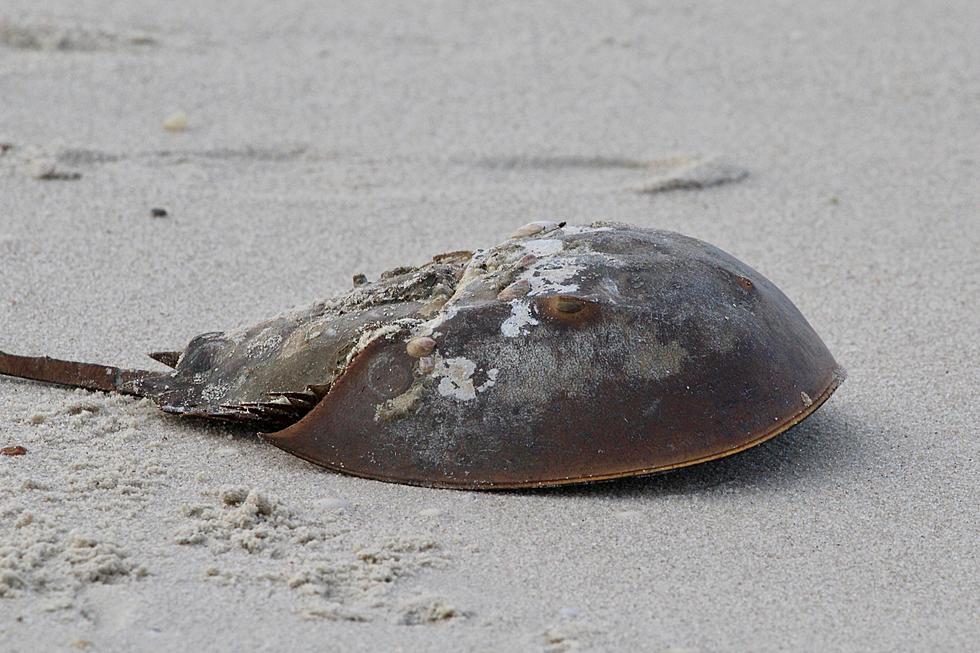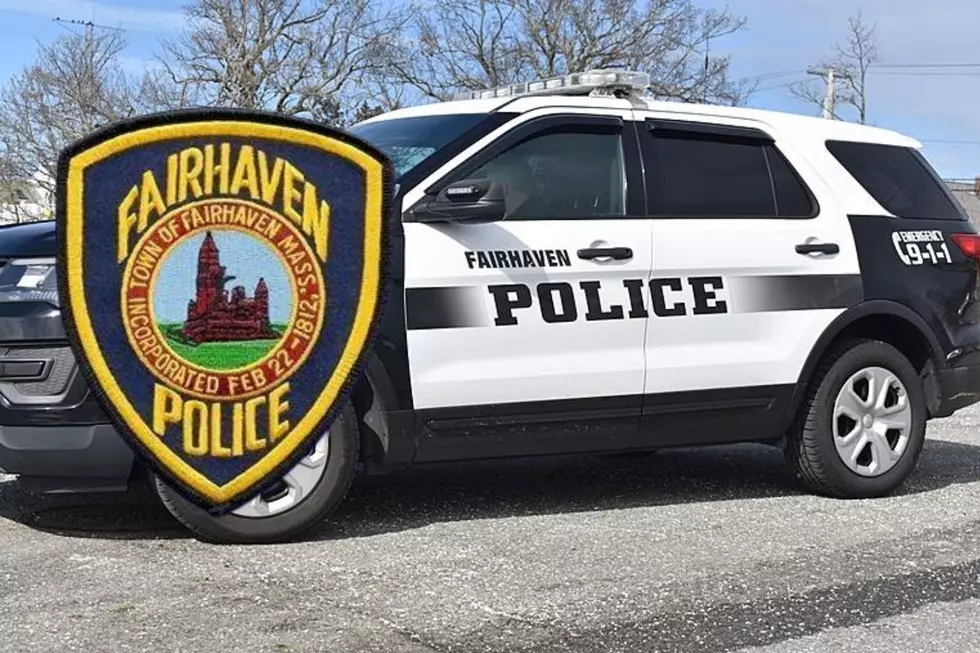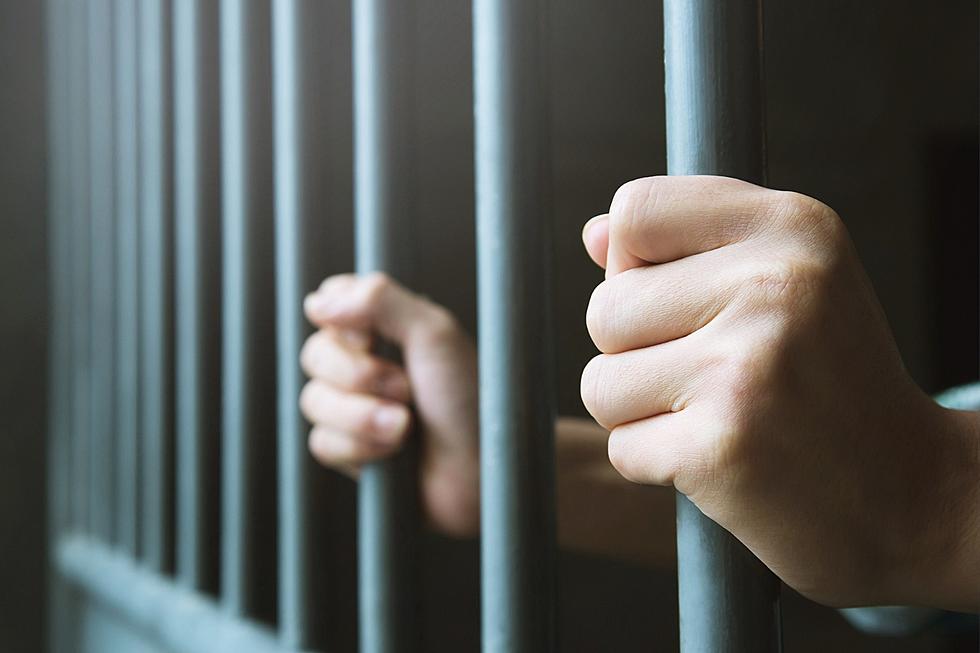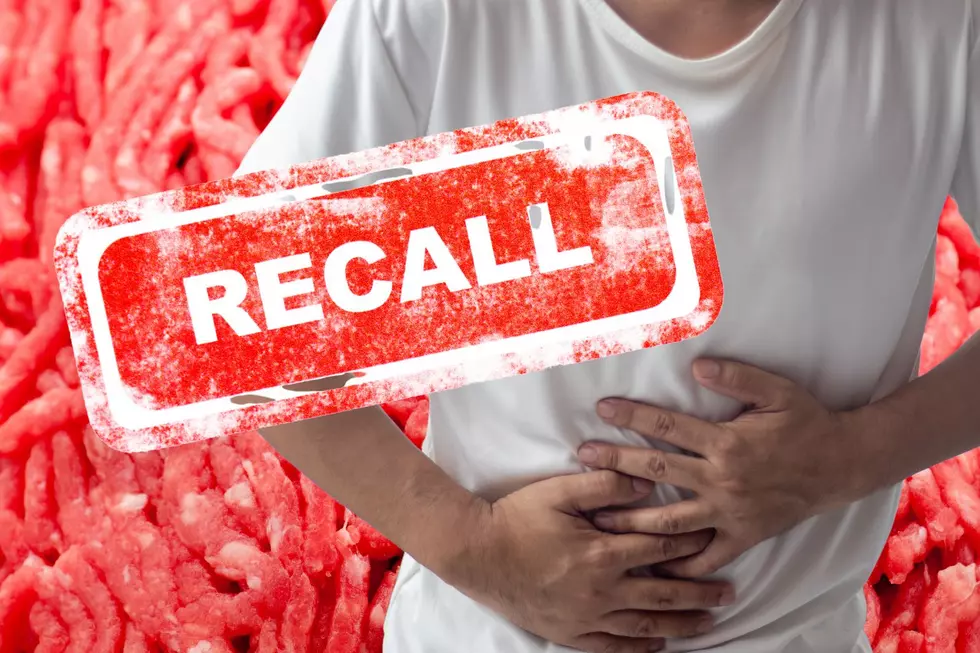
You Won’t Believe How Much Horseshoe Crab Blood Is Worth
I'm on the hunt for local horseshoe crabs, because their baby-blue blood is worth big bucks.
Setting the record straight, horseshoe crabs aren't honest-to-goodness crabs. They're more closely related to spiders than they are to other crabs or lobsters. They are “living fossils,” meaning they have existed nearly unchanged for at least 445 million years, well before those pesky Jurassic dinosaurs existed.
Soon, we'll be honoring these creatures on International Horseshoe Crab Day on June 20, recognizing their one-of-a-kind extraordinary value. A horseshoe crab's copper-based blue blood is valued at $15,000 a quart, because it contains a molecule that is crucial to the medical research community – and also is a miracle COVID-vaccine ingredient that's saved millions of lives – called Limulus Amebocyte Lysate, or LAL.

Horseshoe crabs, by the way, are 100 percent harmless. They don't pinch, bite or sting, and that spiky, scary-looking tail is not a weapon. Despite the ferocious look of it, horseshoe crabs use their tails for righting themselves if they are flipped over by a wave. Never pick one up by its tail because you'll injure it.
It's beyond amazing to think that this has been going on for millions of years. Every year without fail, countless horseshoe crabs clamber onto beaches to lay their eggs. For endangered hungry birds, it’s a cornucopia. For drug companies, it’s a crucial resource for making human medicines safe.
We rely on Mother Nature's procreation, so the horseshoe crab continues to do its job, emerging from the sea each spring when the tide is high and the moon is full to begin its march, climbing up onto the beaches to spawn.
I've had no luck so far in finding one. I couldn't even find one of their shells from molting season. Be mindful of its value if you happen upon one of these splendid creatures on our local beaches, because for now, they are saving us. Perhaps one day soon, we will repay the favor.
Here's a List of All the Snakes Native to Massachusetts (Two Can Kill You)
Massachusetts Wildlife You Can Legally Take Home as Pets
More From WBSM-AM/AM 1420









